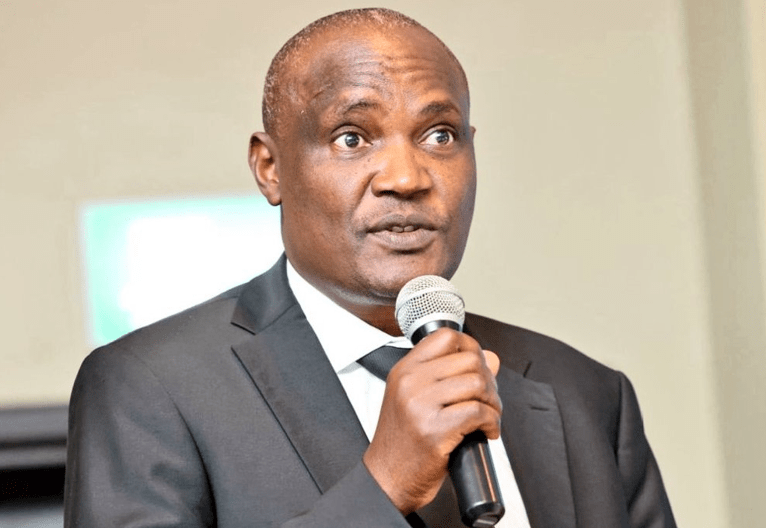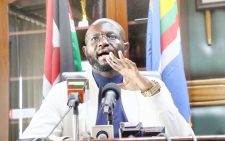Kalonzo prods African nations for Gen-Z talks

Wiper Democratic Movement (WDM) leader Kalonzo Musyoka has called on African governments to initiate dialogue with the youth, dubbed the Generation Z, and involve them in development processes.
Musyoka warned that failing to give the youth a voice will make them feel marginalized which will result in far reaching consequences like was experienced in Kenya recently.
He noted that during the campaign period, many leaders wind honk the youth with crafty manifestos and hypocritical public stunts but upon assuming the elective office, they abandon the youngsters.
“Token gestures are insufficient; that time has passed. Youth participation must be meaningful and impactful. Any government worth its salt should abandon the habit of deception and falsehoods,” Musyoka said.
He added: “If one’s manifesto declares unequivocally that it is youth-driven and directed, the assumption and presumption is that once elected, the representatives would be youth-aligned and focused.”
Musyoka said broken political promises equates to betrayal of the hopes and aspirations of the electorate and the political class must desist from using the young people as just hoodlums and cogs at political events who provide security.
“This indignity must surely end. We require a new deal that, at its critical heart, seeks and sees the youth as equal stakeholders who have a crucial role in shaping our nation’s future, building a shared prosperity that will be the envy of even our more developed partners,” he stated.
The former vice president who spoke when he officiated the opening of African Youth Conference yesterday said that conversation by itself is insufficient and called on leaders to eliminate obstacles standing in the way of advancement of the youth economically and politically.
“These obstacles might have their origins in societal conventions, cultural standards, or even antiquated laws that no longer meet our requirements. As we remove these obstacles, we open the door to a more equal and inclusive society where everyone, regardless of age, can contribute to the advancement of the country and the continent,” he emphasized.
In his speech that explicitly mirrored Kenya’s Gen Z, Musyoka said that the youth are change-makers in the present unlike the notion created that they are leaders of tomorrow.
“They (young people) offer new viewpoints, unlimited energy, tribeless structures, and a desire to innovate, which may propel our continent ahead. However, this promise will only be fulfilled if we actively engage in meaningful intergenerational discourse,” he said.
Intergenerational discussion
The self-fashioned Kenya’s opposition leader in waiting noted that intergenerational discussion could facilitate exchange of ideas, wisdom, and experiences between young and elders.
Terming the engagement as a reciprocal learning process, Musyoka said it has the potential to increase understanding, lessen generational conflicts, and establish a unified front as the African continent looks for solutions to its difficulties.
“Many of you, whether you live in Kenya or follow from abroad, are aware of the Gen Z and Millennial-led nationwide rallies, which have permanently transformed the political discussion in Kenya, in my opinion, for the better,” he said.
“Disenchanted and alienated by their political leaders, Kenyan Generation Z, and Millennials used their constitutional rights, notably Articles 1 and 37, and organized weekly nonviolent rallies via social media platforms.”
The Azimio la Umoja One Kenya alliance co principal hailed the youth for braving the state-sanctioned brutality that was witnessed during their nonviolent rallies against a harsh Finance Bill 2024, bad governance, rampant corruption, outrageous affluence, and an executive that had lost touch with the public.
“Kenyan youths did not opt for the streets because it was an option. They expressed their reservations and dissatisfactions through the public participation process at the county and national levels,” he said.
He criticized the government for attempting to silence the youth who were out to express their dissatisfaction about how the country was being ruled instead of engaging the young people in a meaningful dialogue.









